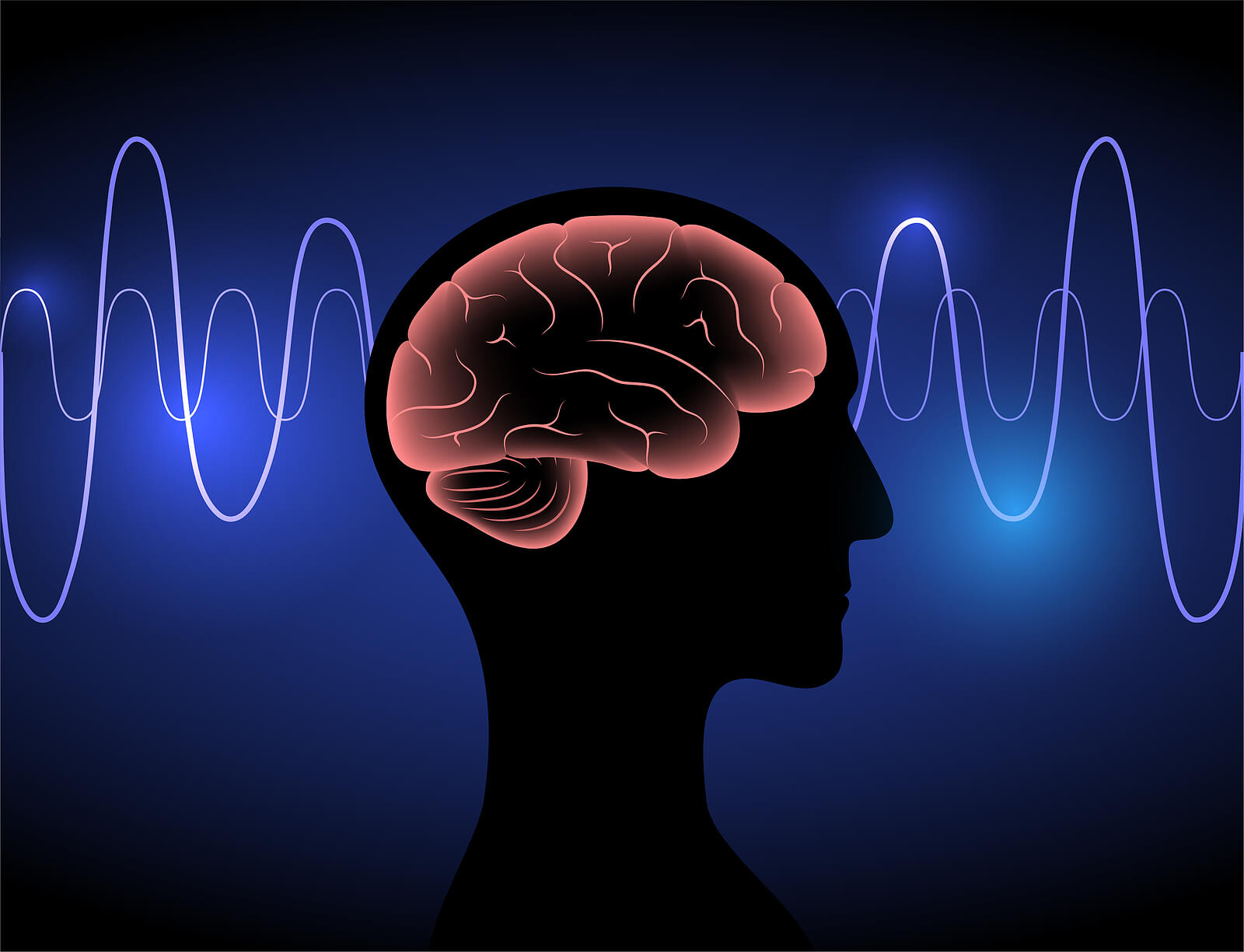Exploring The Way Slumber Disorders Interfere with Brainwave Activity and Affect Mental Function
Exploring The Way Slumber Disorders Interfere with Brainwave Activity and Affect Mental Function
Blog Article
Sleep is an essential part of our everyday lives, enabling our physical selves and minds to rest and recover. However, many people suffer from sleep disorders, which can considerably disrupt slumber patterns. These disorders can result to multiple issues, including changes in neural wave activity. Brainwaves are electronic signals in the brain that indicate our mental state and activity. When sleep is disturbed, the normal patterns of brainwaves can be affected, leading to issues with cognitive function, such as recall, focus, and judgment.
There are various types of slumber disorders, including insomnia, slumber apnea, and restless leg syndrome. Sleeplessness is characterized by trouble falling or remaining asleep, while sleep apnea entails pauses in respiration during sleep. Restless leg syndrome induces uncomfortable sensations in the limbs, resulting to an compelling desire to move them. Each of these disorders can disturb the natural sleep cycle, which consists of different stages, including shallow sleep, deep sleep, and REM (rapid eye movement) slumber. Each stage plays a crucial role in maintaining overall cognitive health and performance.
When slumber disorders interfere with these stages, brainwave activity can become irregular. For example, during deep sleep, the brain generates slow delta waves, which are important for physical restoration and memory consolidation. If a individual experiences frequent awakenings or does not attain profound sleep, the advice generation of these delta waves is diminished. This can lead to difficulties in learning new knowledge and retaining memories. Additionally, REM sleep, which is associated with fantasizing and emotional processing, is also impacted. Interruptions in REM sleep can result to issues with affective regulation and creativity.
The effect of sleep disorders on cognitive function is significant. Research has demonstrated that individuals with slumber disorders often experience challenges with attention and concentration. This can affect their performance at educational institutions or work, making it challenging to finish tasks or engage in discussions. Furthermore, chronic sleep deprivation can result to emotional changes, increased stress, and even nervousness or melancholy. These mental and emotional challenges can create a cycle, where poor sleep results to mental difficulties, which in turn can lead to more sleep problems.
Addressing sleep disorders is crucial for improving brainwave activity and mental function. Therapeutic options may encompass habitual changes, such as establishing a regular slumber schedule, creating a cozy sleep environment, and practicing relaxation techniques. In some cases, clinical intervention may be required, such as employing a CPAP machine for sleep apnea or medication for sleeplessness. By valuing sleep and pursuing appropriate treatment, individuals can enhance their overall mental abilities and improve their quality of life. Understanding the connection between slumber disorders, brainwave activity, and mental function is an essential step toward better health and wellness.